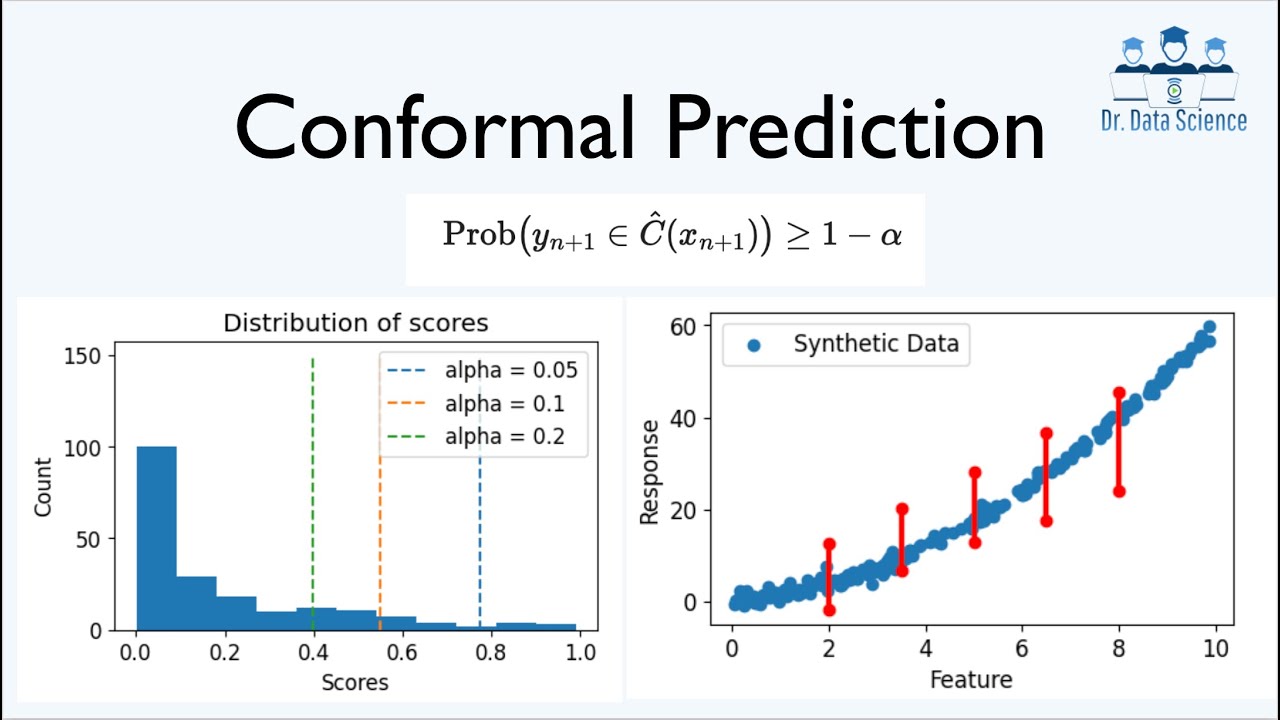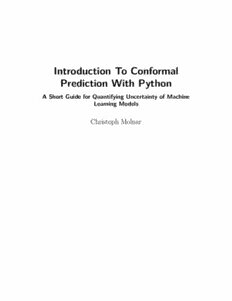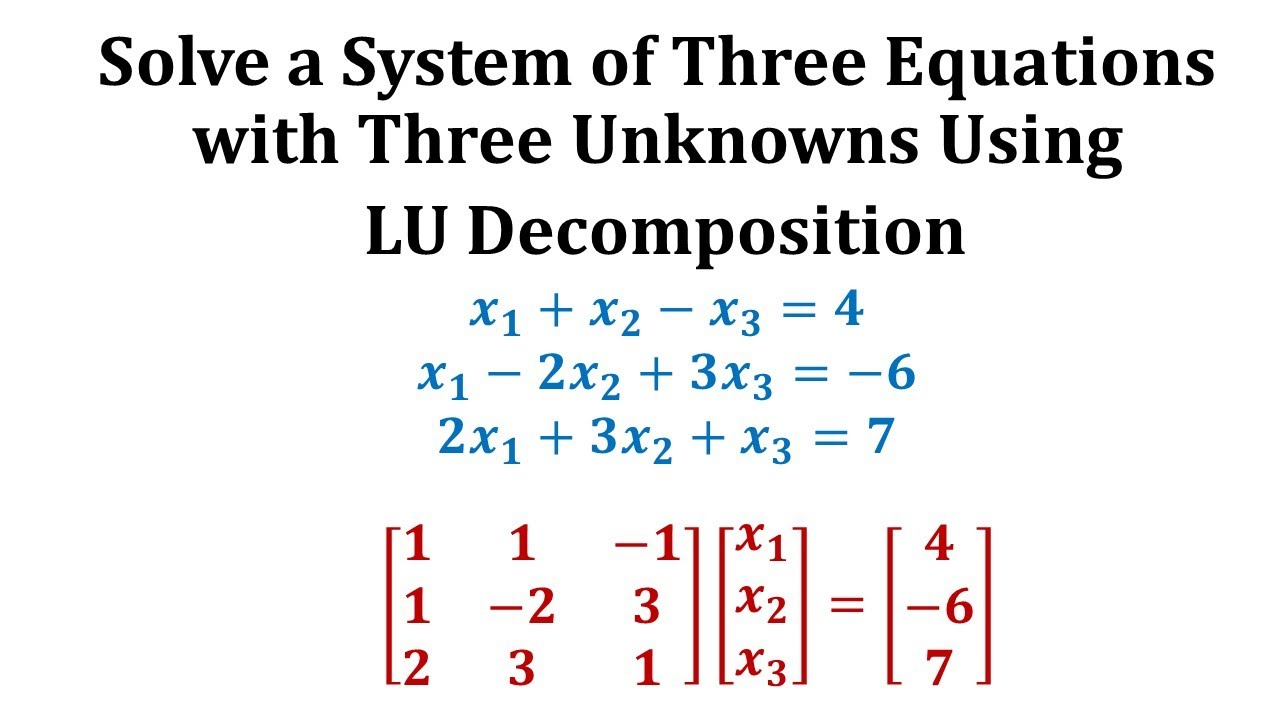Mastering Personalized Conformal Prediction in Python

<!DOCTYPE html>
Personalized Conformal Prediction (PCP) is a powerful technique that combines the robustness of Conformal Prediction with the flexibility of personalization. By tailoring prediction intervals to individual data points, PCP ensures more accurate and reliable uncertainty estimates. Whether you're a data scientist, machine learning enthusiast, or someone looking to enhance predictive models, mastering PCP in Python can significantly elevate your skills. This guide walks you through the process step-by-step, ensuring you gain both theoretical understanding and practical expertise. (Personalized Conformal Prediction, Conformal Prediction, Python Machine Learning)
What is Personalized Conformal Prediction?

Conformal Prediction is a framework for providing prediction intervals with a guaranteed error rate. Personalized Conformal Prediction extends this by adapting the prediction intervals to individual data points, improving accuracy and relevance. This approach is particularly useful in applications where data distribution varies across samples, such as healthcare, finance, and recommendation systems. (Conformal Prediction, Personalized Conformal Prediction, Machine Learning)
Why Use Personalized Conformal Prediction?

Traditional Conformal Prediction assumes a uniform distribution of errors, which may not hold in real-world scenarios. PCP addresses this limitation by:
- Tailoring prediction intervals to individual data points.
- Improving the efficiency of predictions.
- Enhancing reliability in diverse datasets.
By leveraging PCP, you can build more robust and adaptive models. (Machine Learning, Predictive Modeling, Data Science)
Getting Started: Tools and Libraries

To implement PCP in Python, you’ll need the following tools and libraries:
- Python: The primary programming language.
- scikit-learn: For machine learning models.
- nonconformist: A library specifically designed for Conformal Prediction.
- NumPy and Pandas: For data manipulation.
📌 Note: Ensure you have Python 3.7+ installed and the required libraries pip-installed before proceeding. (Python Libraries, scikit-learn, nonconformist)
Step-by-Step Guide to Implementing PCP in Python

Step 1: Data Preparation
Begin by loading and preprocessing your dataset. Use Pandas for data manipulation and ensure your data is clean and normalized.
📌 Note: Normalization is crucial for PCP to work effectively, especially when dealing with heterogeneous data. (Data Preprocessing, Pandas, Normalization)
Step 2: Model Training
Train a base model using scikit-learn. Common choices include regression models or random forests. Ensure the model is well-tuned for your specific task.
Step 3: Calibration
Calibrate the model using the nonconformist library. This step involves computing nonconformity scores and determining the threshold for prediction intervals.
Step 4: Personalization
Implement personalization by adapting the nonconformity scores to individual data points. This can be done using weighting schemes or local models.
Step 5: Evaluation
Evaluate the performance of your PCP model using metrics like coverage and efficiency. Compare results with traditional Conformal Prediction to assess improvements.
Best Practices for PCP Implementation

- Always validate your model on a separate test set.
- Experiment with different base models to find the best fit.
- Regularly update your model to adapt to changing data distributions.
(Model Evaluation, Machine Learning Best Practices, Predictive Modeling)
Checklist for Mastering PCP in Python
- Install necessary Python libraries.
- Preprocess and normalize your dataset.
- Train and calibrate a base model.
- Implement personalization techniques.
- Evaluate and refine your PCP model.
Mastering Personalized Conformal Prediction in Python opens up new possibilities for building more accurate and reliable predictive models. By following this guide, you’ll gain the skills needed to implement PCP effectively, ensuring your models perform well in diverse and dynamic environments. Whether you're working on healthcare diagnostics, financial forecasting, or recommendation systems, PCP can significantly enhance your predictive capabilities. Start your journey today and take your machine learning projects to the next level. (Personalized Conformal Prediction, Python Machine Learning, Data Science)
What is the difference between Conformal Prediction and Personalized Conformal Prediction?
+Conformal Prediction provides uniform prediction intervals, while Personalized Conformal Prediction tailors intervals to individual data points, improving accuracy and efficiency. (Conformal Prediction, Personalized Conformal Prediction)
Which libraries are essential for implementing PCP in Python?
+Essential libraries include scikit-learn for modeling, nonconformist for Conformal Prediction, and NumPy/Pandas for data manipulation. (Python Libraries, scikit-learn, nonconformist)
How do I evaluate the performance of a PCP model?
+Evaluate using metrics like coverage and efficiency, comparing results with traditional Conformal Prediction to assess improvements. (Model Evaluation, Machine Learning Metrics)

